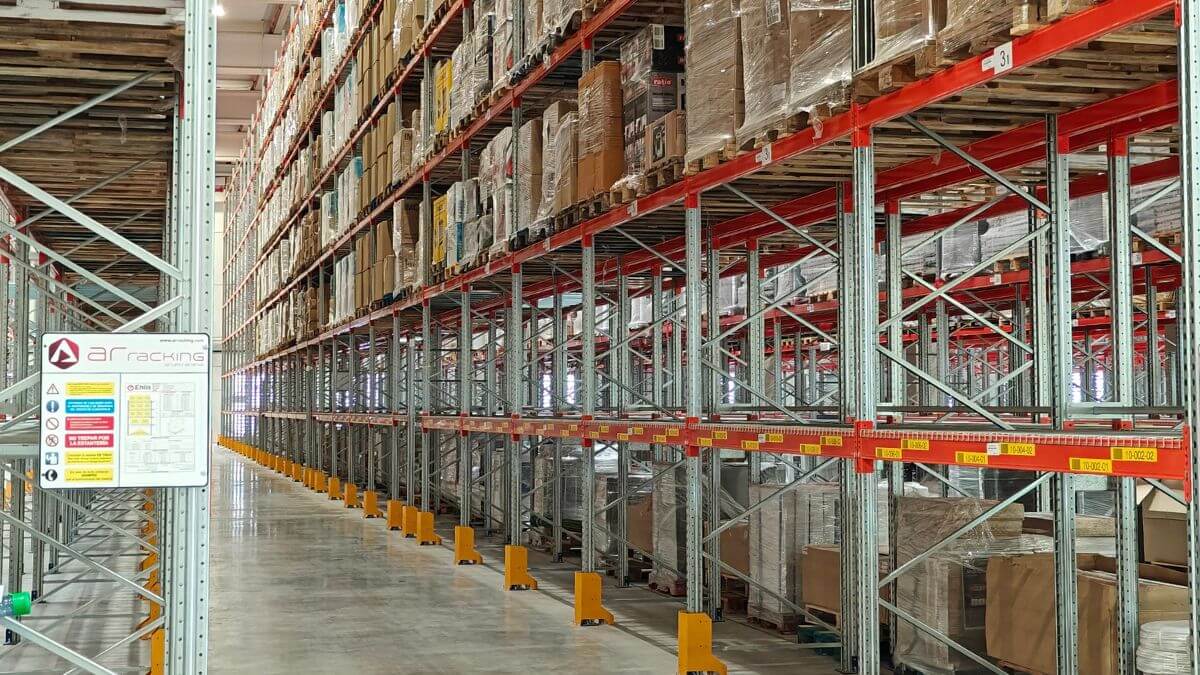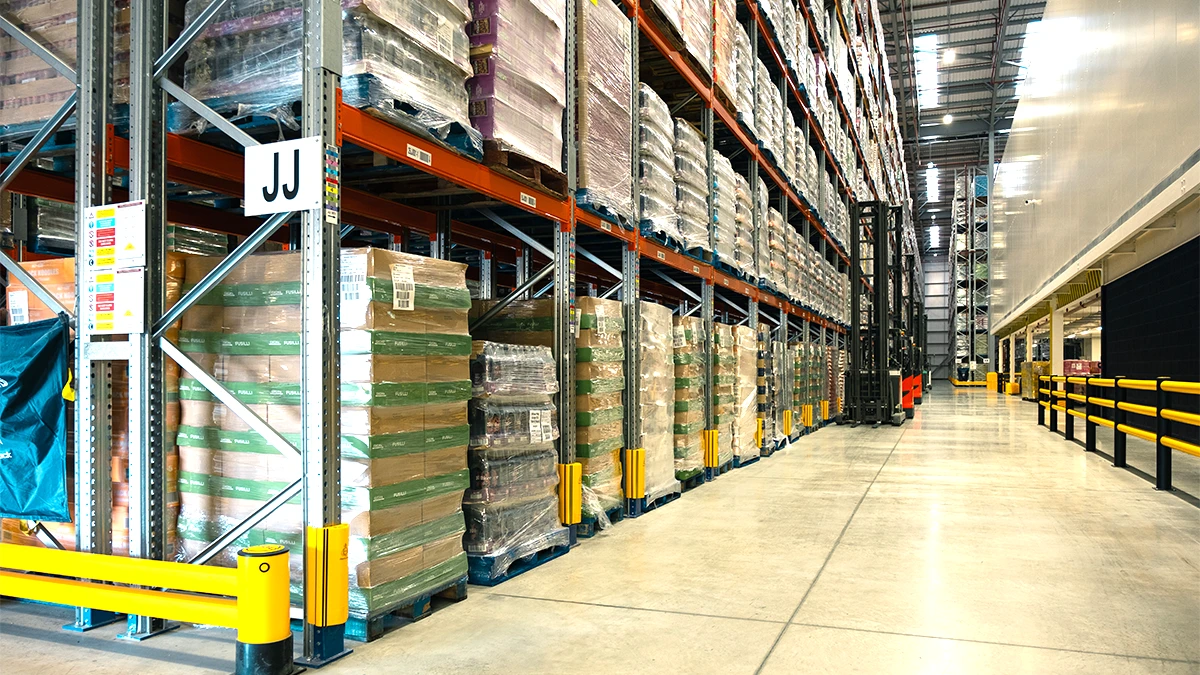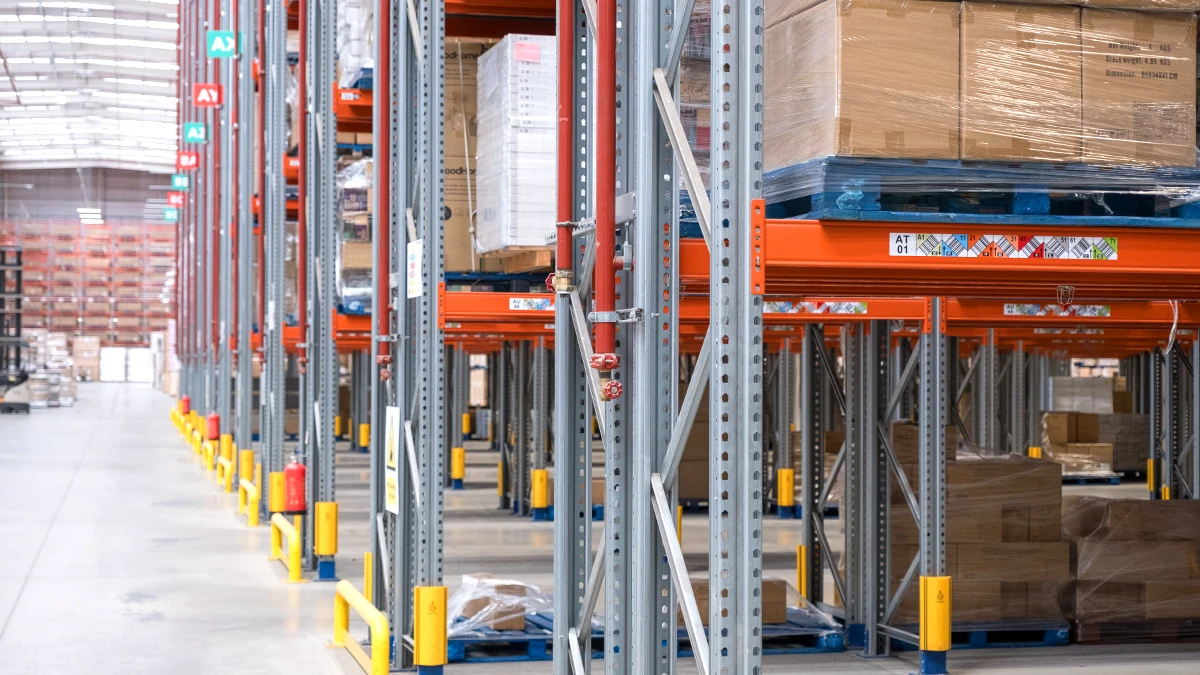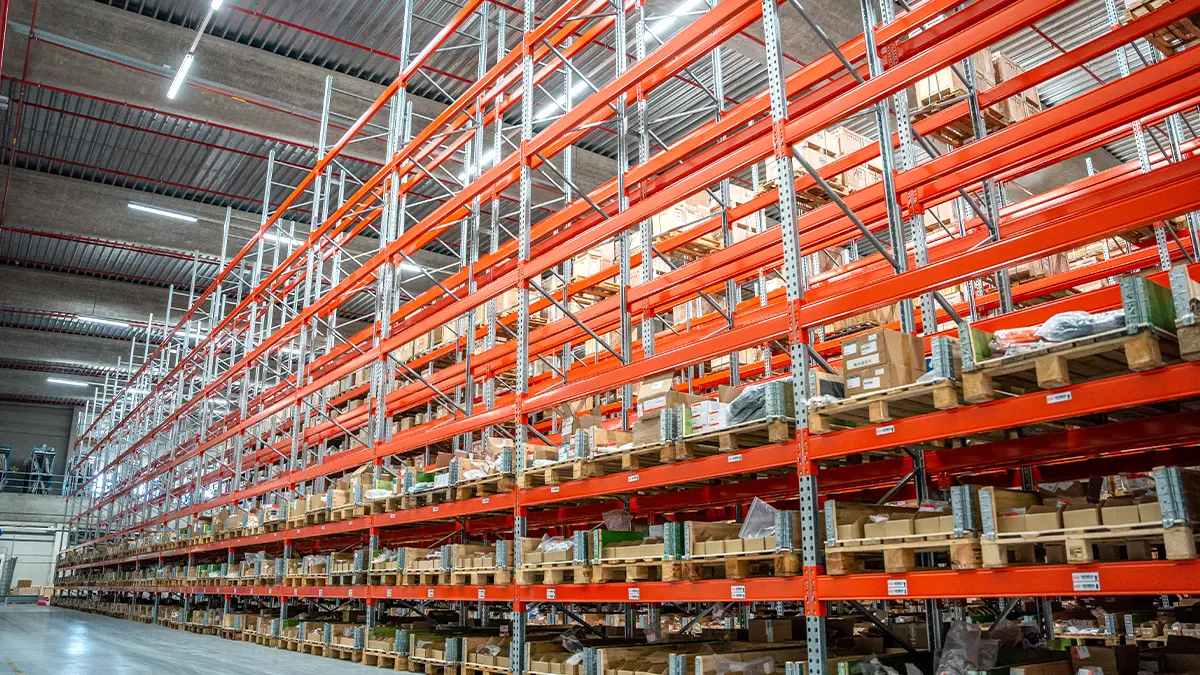The digital era has led to a far-reaching and global transformation of society, impacting not only the way we work or communicate but also altering consumer purchasing habits and methods. This paradigm shift has created a favourable context for the emergence and consolidation of an innovative concept called omnichannel retailing.
What is omnichannel retailing?
Omnichannel retailing is a concept of global reach and significant complexity, which goes beyond simply offering multiple channels of interaction with customers. In reality, the core element of omnichannel retailing lies in interoperability, that is, the ability to provide a unified and consistent experience to the consumer, irrespective of the channel used.
The primary purpose of an omnichannel strategy is to ensure that all customers can make their purchases quickly and efficiently through various methods, whether online or offline, encompassing options such as e-commerce, mobile applications and physical stores, among others.
Likewise, omnichannel logistics must allow the customer to receive the product in optimal conditions and in a short time frame, giving them the opportunity to select the most suitable dates, times and delivery locations for them.
Advantages of omnichannel retailing
Omnichannel logistics has become essential for the vast majority of companies and stores, given that the fusion of e-commerce and physical sales usually represents the most profitable and best-valued business model for both consumers and traders.
Omnichannel retailing has various advantages and benefits both a company’s profitability and the customers themselves. These are its main advantages:
- Reduces delivery times and logistics costs.
- Strengthens the relationship between warehouses and delivery points for better collaboration.
- Expands order delivery alternatives, such as the “click and collect” option which allows online purchases to be made and orders to be picked up at the store later.
- Improve the order preparation process to raise brand awareness.
- Optimises the customer experience by reducing product delivery and returns processing response times, known as reverse logistics.
- Increases the positive emotional impact on the company.
- Smoother communication between the company and its customers.
- Increased visibility and transparency of the entire logistics process.
- More new customers are attracted and the loyalty of existing customers is strengthened.
- Improved sustainability.
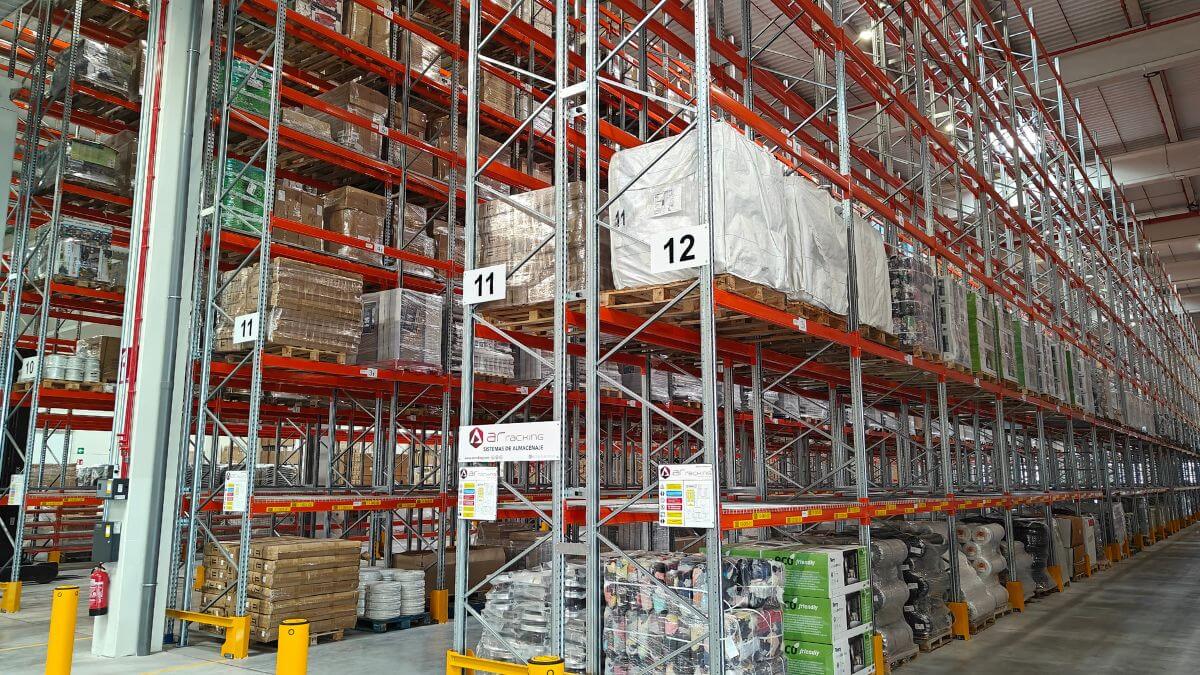
How can I implement an omnichannel logistics strategy?
Successfully implementing an omnichannel logistics strategy involves intervening in several areas and carrying out specific actions:
Improve supply chain efficiency
To achieve omnichannel retailing in the supply chain, it is essential to synchronise inventory and distribution across all sales channels. This involves addressing significant challenges, as every aspect of the supply chain needs to be modernised. For this, it is necessary to implement digitalisation, automation and, in some cases, robotisation actions.
Transform a traditional warehouse into an omnichannel warehouse
Although the physical space may remain the same, operations in an omnichannel warehouse are greatly different from those in a traditional warehouse. This difference lies in the need to manage, with high speed and minimal errors, in an integrated way, both order receipts and returns, which come from online stores, physical outlets and other channels.
Improve the efficiency of delivery and return processes
Omnichannel logistics ensures a consistent product purchasing and return experience across all available channels, in an integrated, fast and trouble-free manner.
An omnichannel delivery system should enable customers to choose, purchase and return products through their preferred channel.
Tracking omnichannel retailing
Implementing an omnichannel strategy without proper planning or structure can lead to supply chain complications. Although implementing it offers competitive advantages, incorrect data transfer can increase the margins of error.
What aspects do customers consider important when purchasing a product?
- Customers look for consistency in their interactions with companies, regardless of the channel they use.
- Interactions with companies must remain consistent even if customers decide to change channels at any time.
- Customers expect easy access to all information on the status of their orders. They also demand security in their accounts and transactions.
- Personalisation is important; customers expect companies to know them in every purchase, keep a record of their past purchases, and recognise and value their loyalty.
If you want to optimise the logistics process of your warehouse with suitable storage systems, we can help you with this at AR Racking. Contact us so we can advise you on the best options for your needs.

